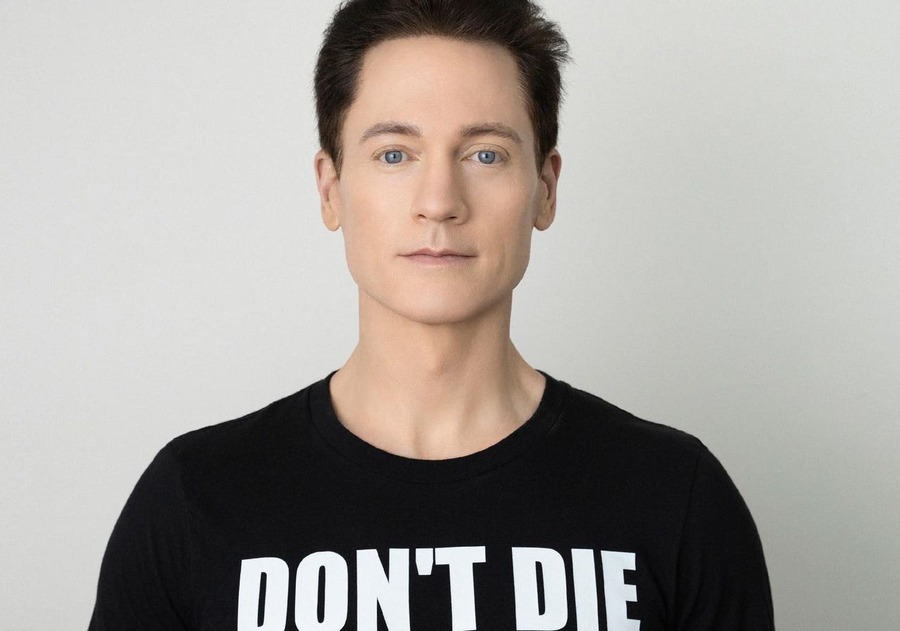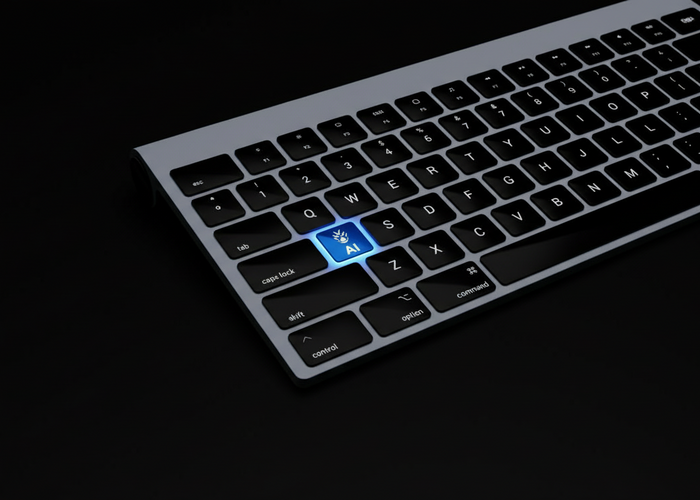
In a world captivated by the idea of extending life and optimizing health, Bryan Johnson emerges as the vanguard of biohacking, propelling the discussion around full-body MRI scans into the limelight. Having sold his startup to PayPal for a whopping $800 million, Johnson now dedicates his resources and passion to the anti-aging quest, meticulously measuring every aspect of his health, with a keen interest in MRIs as his preferred diagnostic tool. His enthusiasm for MRIs is matched by Emi Gal, founder and CEO of the New York-based startup Ezra, which aims to democratize access to full-body scans using AI to expedite the process and make it more accessible financially.
However, this enthusiasm for extensive MRI screening faces criticism from the medical community, highlighting concerns over potential overtreatment and overdiagnosis for people without specific risk factors for cancer or other diseases. The costs, both financial and psychological, of unnecessary follow-up procedures stemming from false positives are also a point of contention. Despite these concerns, Ezra continues to grow, courtesy of venture funding and a mission propelled by personal experiences with cancer, as shared by Gal. Ezra's ambition is to reduce the cost and time of scans, making them a routine health check-up accessible to a wider audience.
Yet, the American College of Radiology and other medical experts caution against the indiscriminate use of full-body MRI screenings, citing a lack of evidence for their effectiveness in extending life or proving cost-efficient at the population level. The debate extends to the realm of healthcare policy, questioning the role of insurers and self-insured employers in potentially funding these procedures. Amidst these debates, Johnson remains a steadfast believer in the preventative potential of full-body MRIs, while Gal anticipates that forthcoming data on false positives will pave the way for broader acceptance and insurance coverage.
While the industry grapples with these complex issues, one thing becomes clear: the intersection of technology, health, and personal choice is forging new paths in preventive medicine. As the conversation around biohacking and MRIs evolves, it will be fascinating to see how these technologies shape our approach to health and longevity.
For fans of both tech innovations and healthcare advances, diving into the full debate offers a nuanced perspective on where the future of preventive care could be headed. You won't want to miss uncovering the layers of this compelling dialogue.
Working with investors and entrepreneurs to gain the best ROI possible.
VC funding is shifting from hype to hard value, with AI leading the charge – policy tweaks could ...
India's fintech shifts to sustainable growth with AI driving personal, intuitive finance experien...
Practo storms the US healthcare market post-UAE success, hitting $75M GMV with focus on dental an...
In 2026, India's D2C brands will thrive on discipline and execution, not just scale.
2026: AI shifts to practical, efficient models that augment human work and enter the physical world.
India's startups shift to resilient models in 2025, with AI, climate tech, and regional innovatio...





